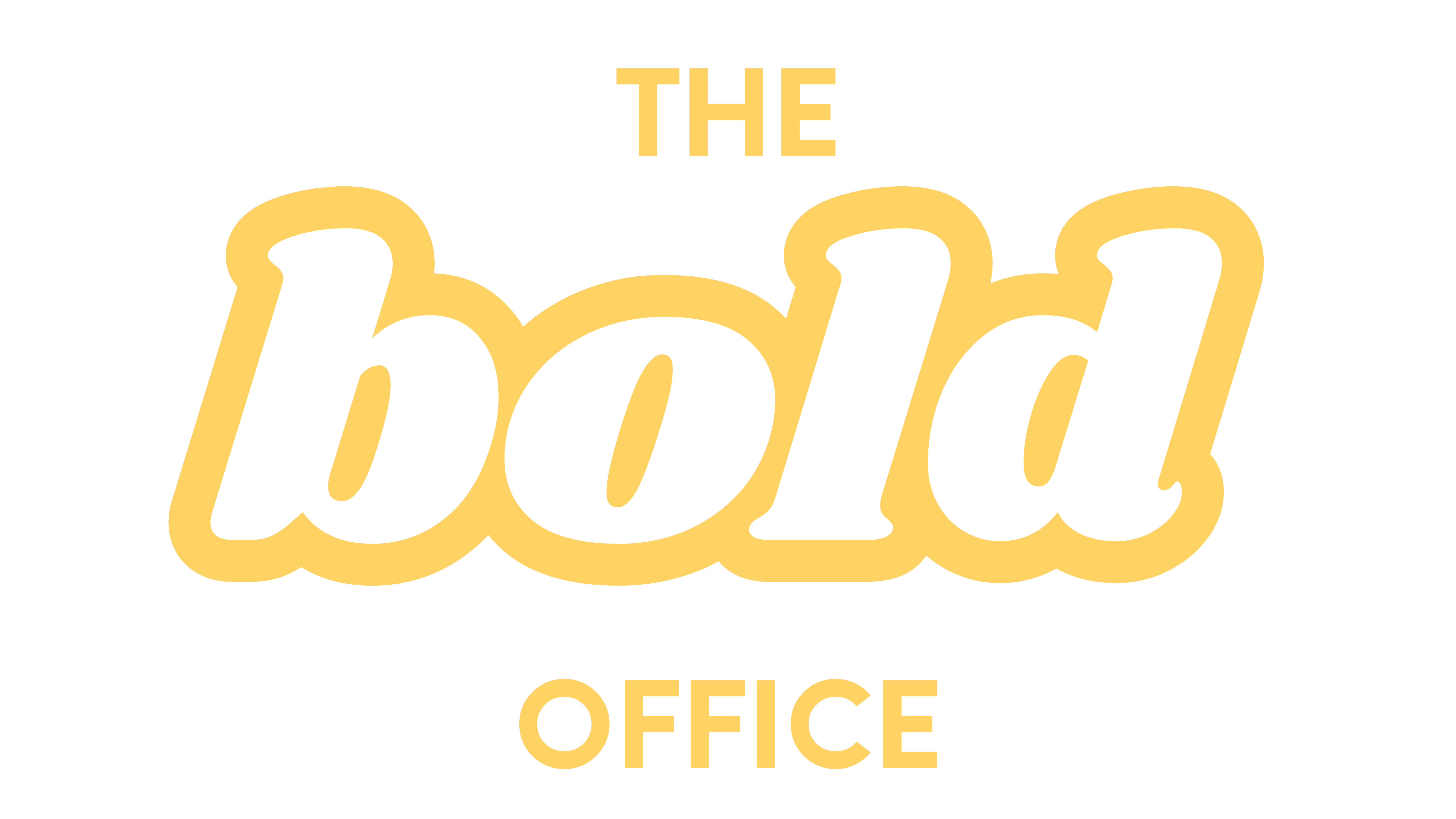Learn how HR tools, such as recruitment software and engagement platforms, contribute to sustainable cultural changes within organizations and deliver better results.



HR is no longer just the office where you sign your contract or spend your days off. Modern HR teams play a crucial role in business transformations, cultural change and sustainable growth.
But here's the question: how can we maintain real human interaction in a world where HR is increasingly dependent on tools and technology?
Technology has undeniably changed the way we attract talent, engage employees, and shape corporate cultures. Still, some companies feel overwhelmed by the amount of tools on the market. Is technology really enriching, or does it actually create distance?
Together, let's dive into the world of recruitment software, cultural change and the tools that really help HR move forward.

Applicant Tracking Systems (ATS) have long ceased to be the only tool in the recruitment arsenal. Tools such as HireVue, Greenhouse country Liver are not only focused on managing candidates, but also on improving the candidate experience. But this is where the problem sometimes lies:
Isn't recruitment reduced too much to KPIs and dashboards these days?
A good ATS ensures that your processes are streamlined, that candidates do not get lost in endless steps, and that recruiters have more time for personal conversations. But if you use technology incorrectly, it becomes a barrier tool instead of a connecting link.
An important question to ask yourself: Is your recruitment software designed to support human interaction, or to automate as many processes as possible?
Employee engagement has been the buzzword of the past few years. Tools such as Culture Amp, 15 Five country Office vibe help companies better understand how employees feel. But here's the paradox:
Can a survey or dashboard really tell how someone feels in the workplace?
Engagement tools can be a great thermometer for measuring the temperature in your organization, but they're no substitute for real conversations. A good tool provides insights, but action remains human work.
A tip: Use technology to capture signals, but make sure you always have a human follow-up. You can view 100 dashboards, but if you don't really listen to what your employees say, nothing changes.
Cultural change is perhaps the biggest challenge for HR. It not only requires new processes, but also a new mindset among both management and employees. Technology can play a supporting role here, but it cannot enforce culture.
The key question: Can you really change culture with a tool, or will it remain a strategic task that requires leadership and vision?
Tools such as Peakon country Lattice can provide insight into bottlenecks and trends within your organizational culture. But cultural change doesn't start with software; it starts with behavior. Technology can help you understand and control behavior, but it can't change it for you.
Action point for leaders: Use technology to increase transparency and accelerate feedback loops, but be aware of the human factor that really changes culture.

Many companies make the mistake of using technology as a solution to every problem. But tools are just tools — powerful, yes, but not omnipotent.
And here is the challenge: How do you make sure you don't succumb to a sea of dashboards, surveys, and automations?
1. Start with a clear goal. Why do you want to use a tool? What should it solve?
2. Create space for human interaction. Tools should not replace conversations.
3. Measure impact. Are your goals being with, or are you just collecting data without taking action?
The future of HR technology is clear: more AI, more automation and more dashboards. But the companies that will really win are those that combine technology with empathy, leadership, and a strong company culture.
So, ask yourself: Do we use our HR tools as a tool to strengthen connections, or have they become a wall between HR and our people?
Technology can be a powerful tool for attracting talent, keeping employees engaged, and changing culture. But only if you use it consciously and in a people-oriented way.
Ultimately, HR isn't about tools. It's about people.
What role does technology play in your HR strategy? Is this a tool, or an obstacle?
%20(1280%20x%201920%20px).png)

